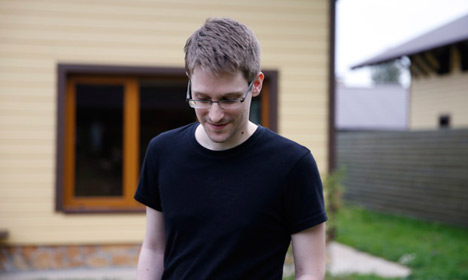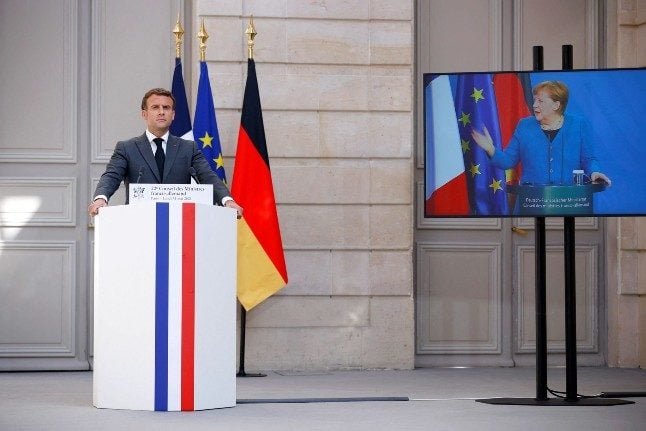SURVEILLANCE
Snowden doc lives up to the hype
'Citizenfour' was easily the most talked-about film at this year's Copenhagen International Documentary Film Festival and our reviewer says it offers a fascinating look behind one of the most important stories of our time.
Published: 17 November 2014 08:16 CET

Photo: Praxis Films
It’s entirely possible that Edward Snowden is the attention-seeking fame whore so many of his detractors and critics say he is. I don’t think he did what he did for the attention, but let’s suspend that for a moment and decide all the haters have a point. Does that make what he did any less important and relevant? His detractors also call him a traitor, but does that somehow make the NSA’s stunning abuse of power and resources any less shocking, criminal, or blameworthy? Does it make it not happen? Does it cancel out the lies it seems (former NSA director) Keith Alexander and (Director of National Intelligence) James Clapper told? Does it retroactively give you or I more privacy while emailing, texting, or talking on the phone in, say, February 2013?
Of course not.
In becoming the biggest whistleblower ever, Snowden helped show the world just how free they’re not, just how victimized they are, and how potentially victimized they might still find themselves. Not by Isis, al-Qaeda, street gangs, trans fats, or the bogeyman — but rather by people they helped put into power in an effort to have a functional democracy. By the powerful organizations and institutions those people control.
(Aside: when I was typing “functional” on my phone, my clumsy thumbs slipped, and the autocorrected word ended up as “fictional,” making it read “fictional democracy.” Talk about a poignant error.)
Laura Poitras’s ‘Citizenfour’ is a thrilling look at how Snowden did what he did, and why. It traces his initial contact with Poitras via email; it traces hero Guardian journalist Glenn Greenwald’s entry into the fray; and shows its audience exactly how Poitras, Greenwald and Snowden (and later on, the Guardian’s Ewen MacAskill) figured out how they were going to break what may end up being the most important story of our lifetimes, our generation’s Watergate.
At the centre of it all — the story and the film — is Snowden, a 29-year-old computer head who got enough access to peek behind the curtain and see just how much was rotten in the surveillance state of Denmark America. This is the moment everyone waited for, of course. We wanted to see and hear Snowden during those days in June 2013; we wanted to know the man behind the leak, and understand the mind behind the man.
What we see in ‘Citizenfour,’ in essence, is a patriot; a self-assured, wry, smart guy who unwittingly became The Man Who Knew Too Much. More importantly, perhaps, we see a man who knows exactly what he’s doing and who seems resigned to the fate that eventually befell him. Seeing him softly accept pariah status before it happens is sobering; so too is watching him freak out. It’s a complicated portrait of a guy who acted in the best interests of Americans and got crucified for it.
‘Citizenfour’ completes a trilogy of films Poitras made about post-9/11 America which includes 2006’s ‘My Country, My Country,’ and 2010’s ‘The Oath’. It’s an understatement to say that the United States — and indeed the world — changed after 9/11, but Poitras’s films illustrate just how the worst terrorist attack in American history provided a lot of bad people the gateway to do a lot of fundamentally unconstitutional things. Perhaps it’s overly hopeful to think that a film like ‘Citizenfour’ opens enough eyes that certain wrongs can start to be righted, but I’d rather believe in that than the inverse.
Url copied to clipboard!


 Please whitelist us to continue reading.
Please whitelist us to continue reading.
Member comments